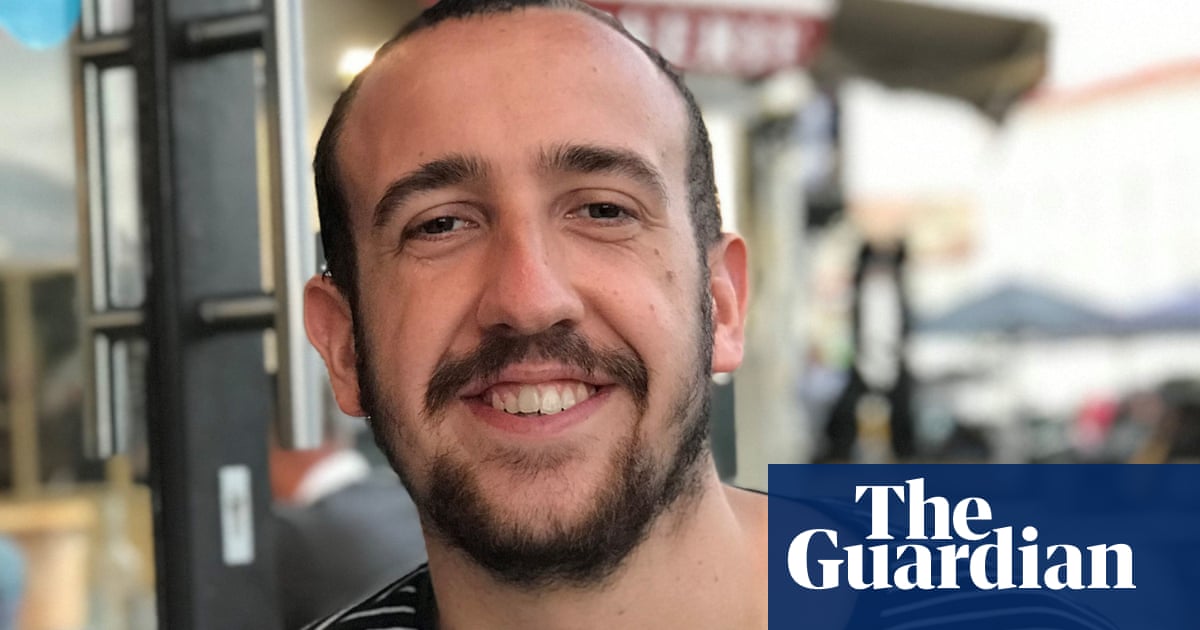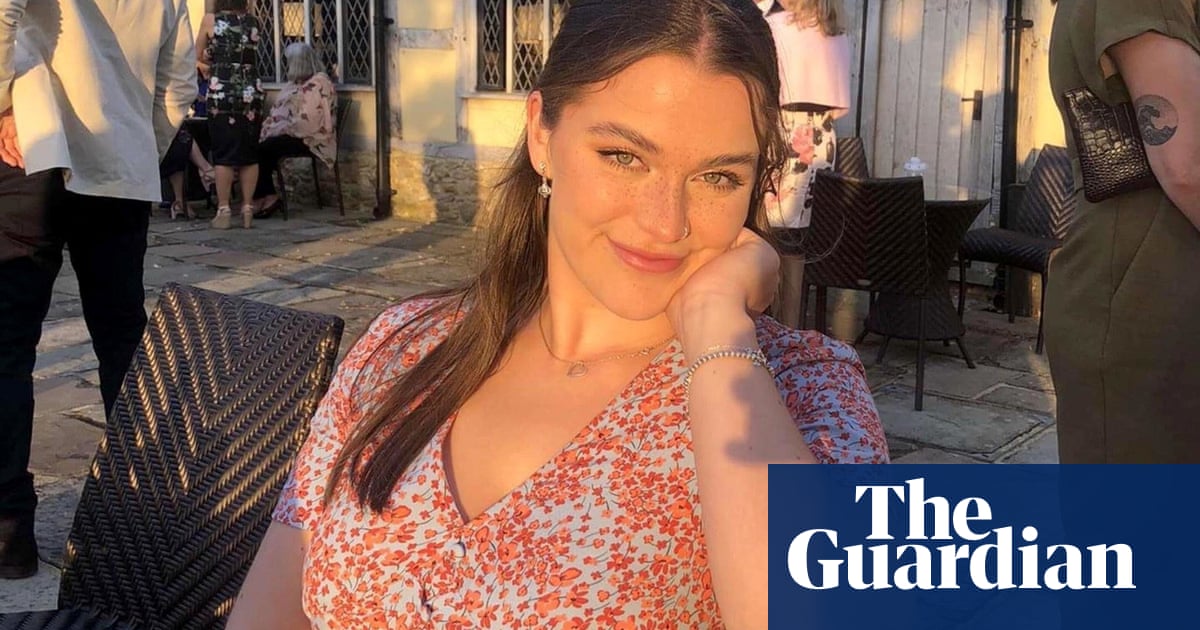
The parents of a student who died after being wrongly diagnosed in a series of remote GP appointments during the pandemic have said they do not think his death is “an isolated case”.
It comes after a coroner ruled 26-year-old David Nash would probably have survived a serious infection had he been allowed to see a doctor in person.
Instead, he died from brain-stem swelling on 4 November 2020 at Leeds General Infirmary, more than two weeks after first reporting symptoms of mastoiditis, a serious bacterial infection of a bone behind the ear.
Anne and Andrew Nash welcomed the coroner’s findings, that their son should have been allowed a face-to-face GP appointment, and said they thought other families might have suffered unnecessarily because essential medical appointments were being carried out over the phone in cases where patients should be seen in person.
Andrew Nash said: “The only positive that can come out of David’s loss is to add to the debate of access to GPs because, in this case, it’s been indicated that had David been seen, he would be alive today. And I don’t think David is an isolated case. We’ve had other families contact us and tell us similar stories.”
Anne Nash added: “Now, even post-pandemic, it is still happening.”
They described the provision of face-to-face appointments as “patchy”, after the inquest heard how only 69% of GP appointments nationally were being carried out in person.
Burley Park medical practice in Leeds, where Nash was a patient, had increased the proportion of in-person appointments to 81% since his death, a Care Quality Commission report in 2021 found.
Andrew said: “It would be nice to use David’s death as a platform that other practices can learn from without going through the same circumstances.”
Nash, a talented musician who had hoped to become a barrister, first contacted his GP on 14 October 2020 after finding a lump on his neck.
Over the course of a couple of weeks, his symptoms worsened to include pain in his ear and neck, blood in his urine and a fever, caused by a severe infection. This infection was not picked up in a number of telephone appointments with GPs and advanced nurse practitioners at Burley Park, which was following NHS guidance to carry out most appointments remotely.
He was advised to take painkillers and prescribed antibiotics during three phone appointments in which he was incorrectly diagnosed with an outer ear infection and, later, a urinary tract infection.
When he did not get better and developed a fever, he called for a fourth time, but despite being seriously ill he was not seen in person.
The assistant coroner Abigail Combes told Wakefield coroner’s court on Friday that Nash had been treated appropriately in three appointments, on 14, 23 and 28 October. But on 2 November, when Nash spoke to an advanced nurse practitioner, he should have been given a face-to-face appointment, which would have led to a hospital appointment.
Dr Neil Lawton, a GP partner at Burley Park, said Nash should have been given a face-to-face appointment and that if he had been, it is likely he would have been sent to hospital. “I get the impression it would have been more obvious how ill he was,” he told the court.
Recording a narrative verdict, Combes said: “Had he been directed to seek face-to-face or urgent care by the GP practice it is more likely than not that he would have undergone neurosurgery approximately 10 hours earlier than he actually did, which, at that time, it is more likely than not would have been successful.”












